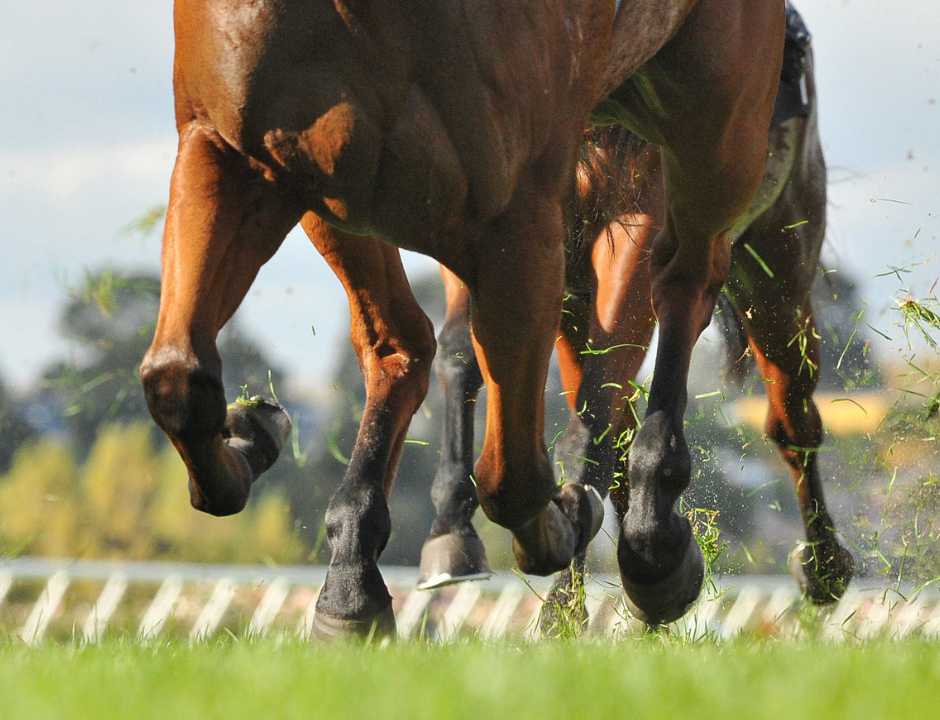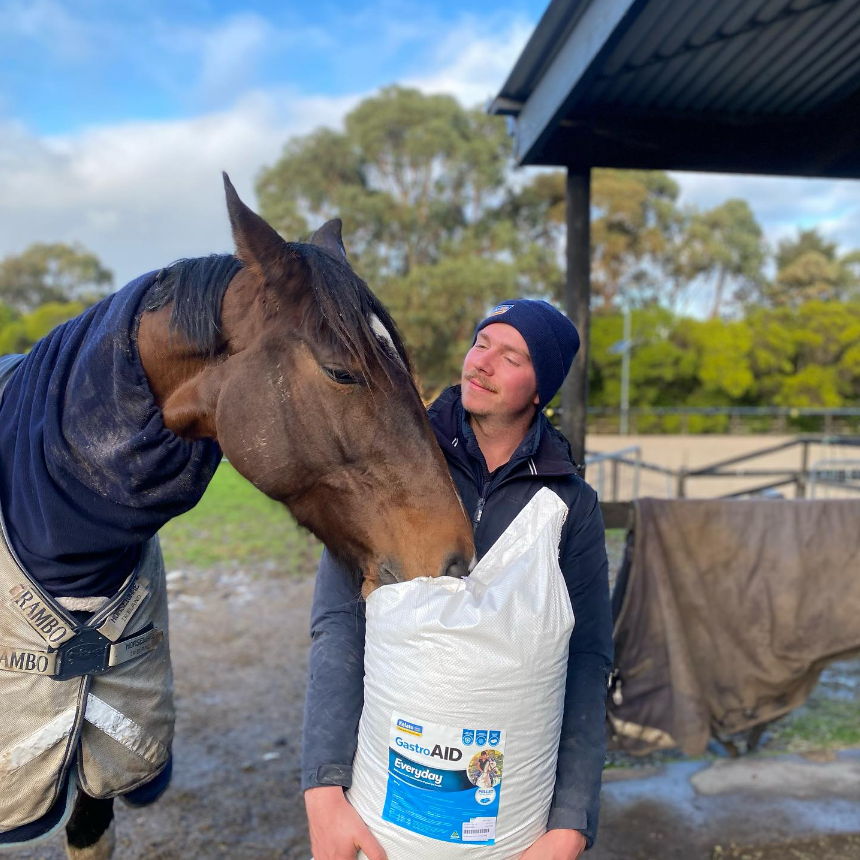Presentation is everything! A healthy, shiny coat and deep cleansed skin can make an instant impression. Here are five tips which will help you to achieve an eye-catching show coat.
Tip 1
Improve Skin Condition: In the past, few people bothered about the horse’s skin health. Everything was to do with gloss and sheen. Long term appearance starts with skin health. Many horse owners are starting to understand the importance of various nutrients for skin and the association not just with coat health but also general health. A horse cannot perform to its full potential with itchy skin. Perhaps it is more accurate to say that a horse with itchy skin is a horse NOT in peak health. A signal of poor health is flaky, ‘dandruffy’ skin around the mane and tail. To be a winner, your horse needs healthy skin. Keeping the dermis (the thick layer of living tissue below the epidermis that forms the true skin) healthy is not difficult.
How do you do this?
Providing your horse with a balanced diet meeting all his daily nutritional needs and using a good quality horse shampoo at bath time will improve his skin and coat health dramatically. The horse’s diet directly impacts the health of the coat. If he is well-nourished, you are helping to increase his natural healing defences. Proteins, vitamins and minerals directly affect the health of the hair and hoof. If the protein level in the diet is low, this leads to slower hair growth and slower shedding. Essential amino acids, vitamins and chelated (organic) minerals given in the correct amounts daily have been shown to improve the surface of the hair and therefore, overall coat health.
Tip 2
Groom Regularly: Teaching your horse to stand still and be calm while grooming is important for your safety. Grooming should be a time of relaxation for horse and human. It is a form of communication and bonding. Grooming time allows us to inspect and assess the coat and skin to gauge the horse’s overall health and well-being. It is the time to discover irregularities, cuts, skin infections, bumps and knocks. Regular, thorough grooming stimulates oil production and blood circulation, as well as removing dead hair, sweat and dirt. Your horse’s coat will mirror the effort you put into it.
How do you do this?
Thirty minutes a day spent grooming will help to create a short, shiny coat suitable for showing. Before riding, groom your horse paying particular attention to remove any dirt and sweat in the areas under the saddle, girth and bridle. This will help to prevent skin irritations and sores. A soft curry comb used in a circular motion with and against coat growth produces a massaging effect, stimulating oil producing glands in the skin. Ensure your grooming equipment is clean and fit for purpose. After exercise, remove any sweat by brushing or washing off. Salty sweat can dry and bleach the coat, affecting the coat’s health and can make the horse feel uncomfortable.
Tip 3
Protect Your Horse From Biting Insects and Sunburn: Skin has normal bacteria and fungi living on it. When the dermis is injured, say by biting insects, infection can occur.
How do you do this?
Rugging (mesh or cotton rugs) can reduce the risk of insect bites but be sure to clean and check these rugs regularly. If your horse is photosensitive – suffers from sunburn – bring him in during the day if possible or use sunscreen to protect the lighter areas prone to sunburn, such as the nose and legs. Be sure his stable area is clean and dry as moisture and dirt can lead to infection. Remove manure frequently to discourage unwanted insects.
Tip 4
Protect Your Horse From Bacterial and Fungal Infections: Keeping your horse well-nourished will help to boost his immune system which in turn enables him to fight off infection. Keeping his skin and coat in top condition will help provide a barrier to infection.
How do you do this?
Reduce the risk of fungal irritants by cleaning tack, rugs and saddle blankets often. Try to avoid sharing equipment. Check the condition of your tack regularly. Jagged plastic girths can cause the skin to break. If broken skin occurs through injury or irritation, clean and protect the area with an anti-bacterial and anti-fungal ointment. This will create a barrier preventing further infection and encouraging healing.
Tip 5
Keep Your Deworming Regime Up To Date: Your horse’s summer shine will come from blooming good health. Worms will prevent this happening. They steal vital nutrients from your horse and can cause serious internal damage leading to dull and dry coats, weight loss, poor performance, anaemia and sometimes even death.
How do you do this?
Regularly deworm your horse taking particular note of the active ingredients in the dewormer you choose. If unsure, ask your vet for the correct active ingredients your horse should be given each deworming cycle to minimise the effect of worm resistance.




